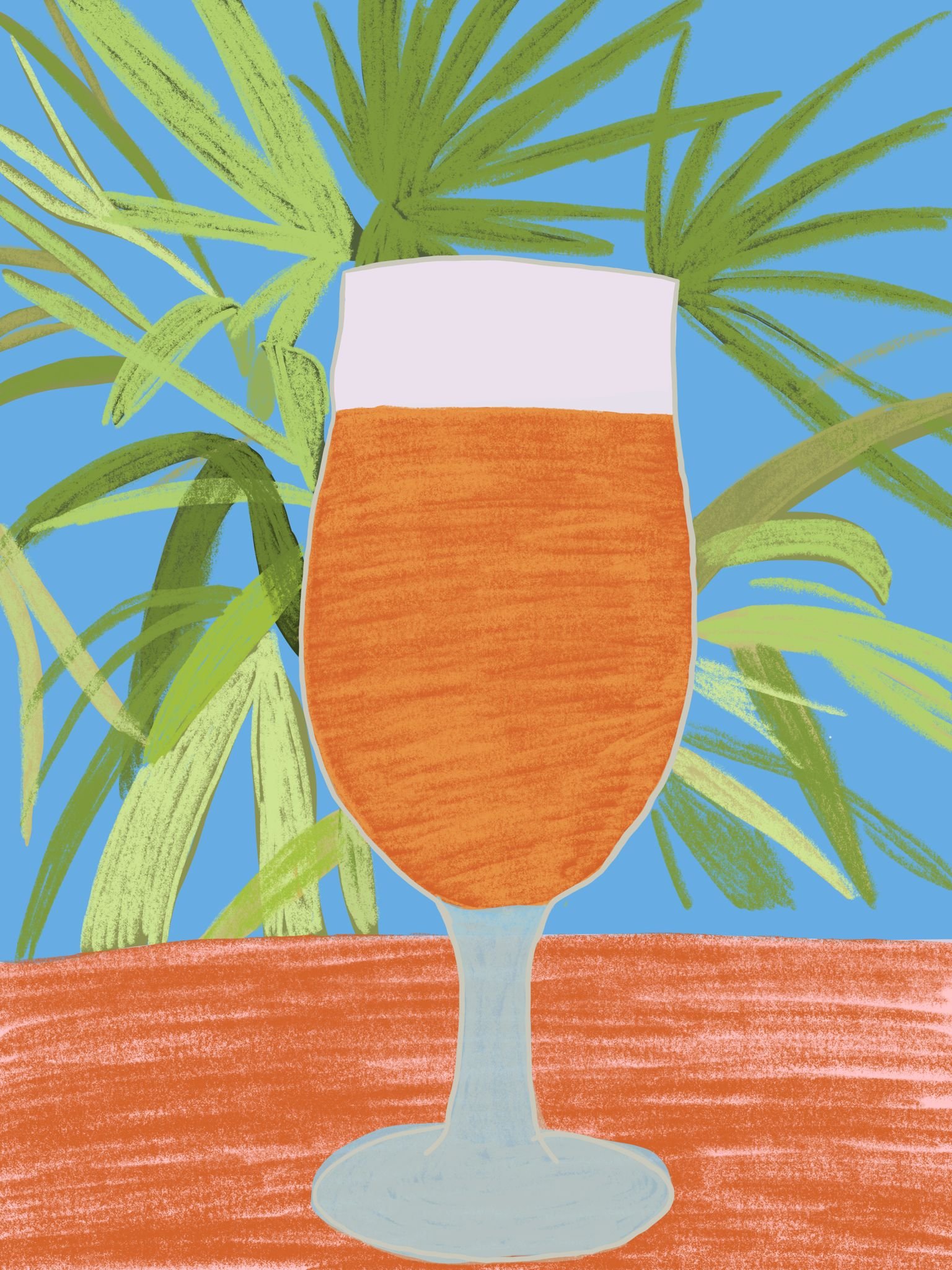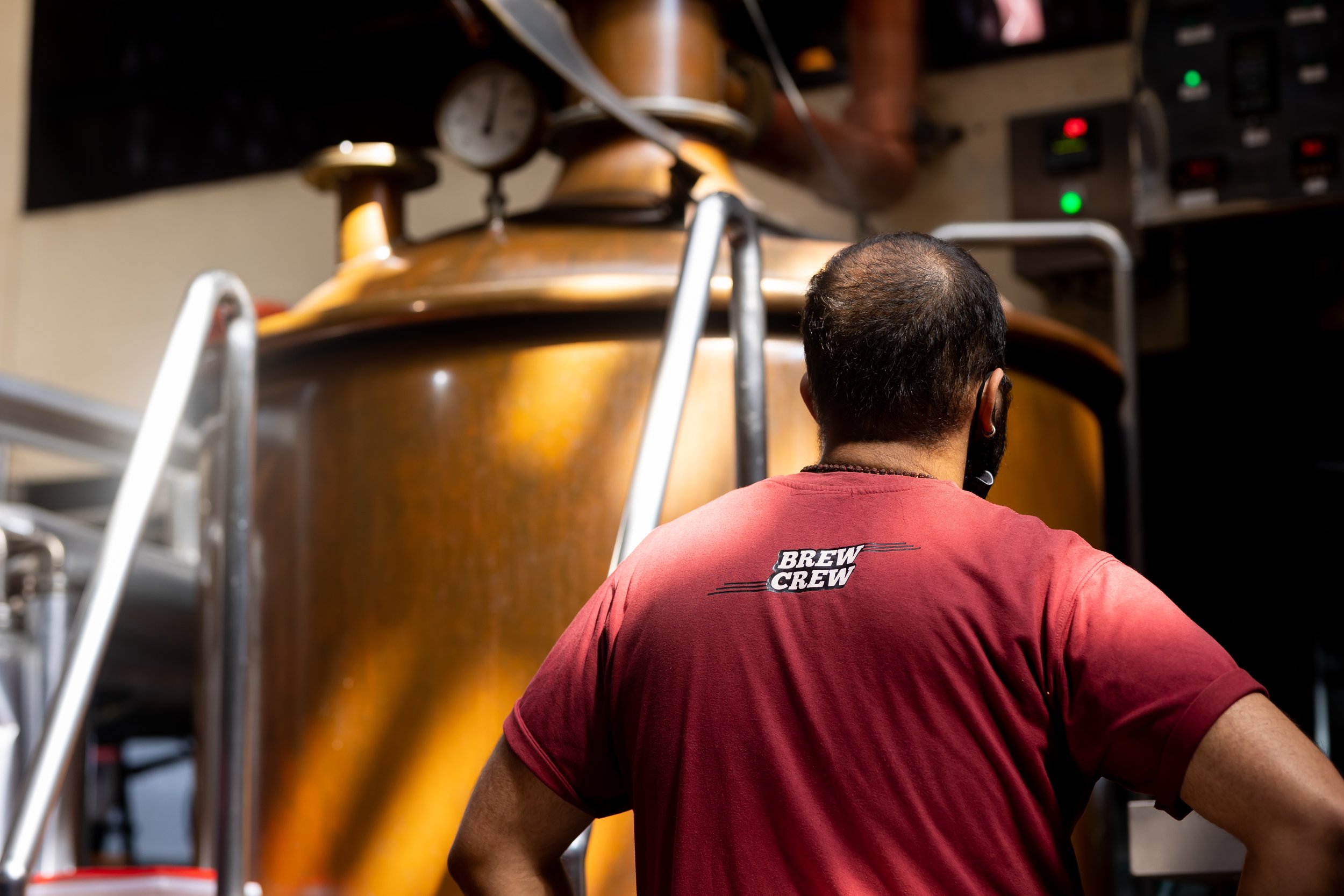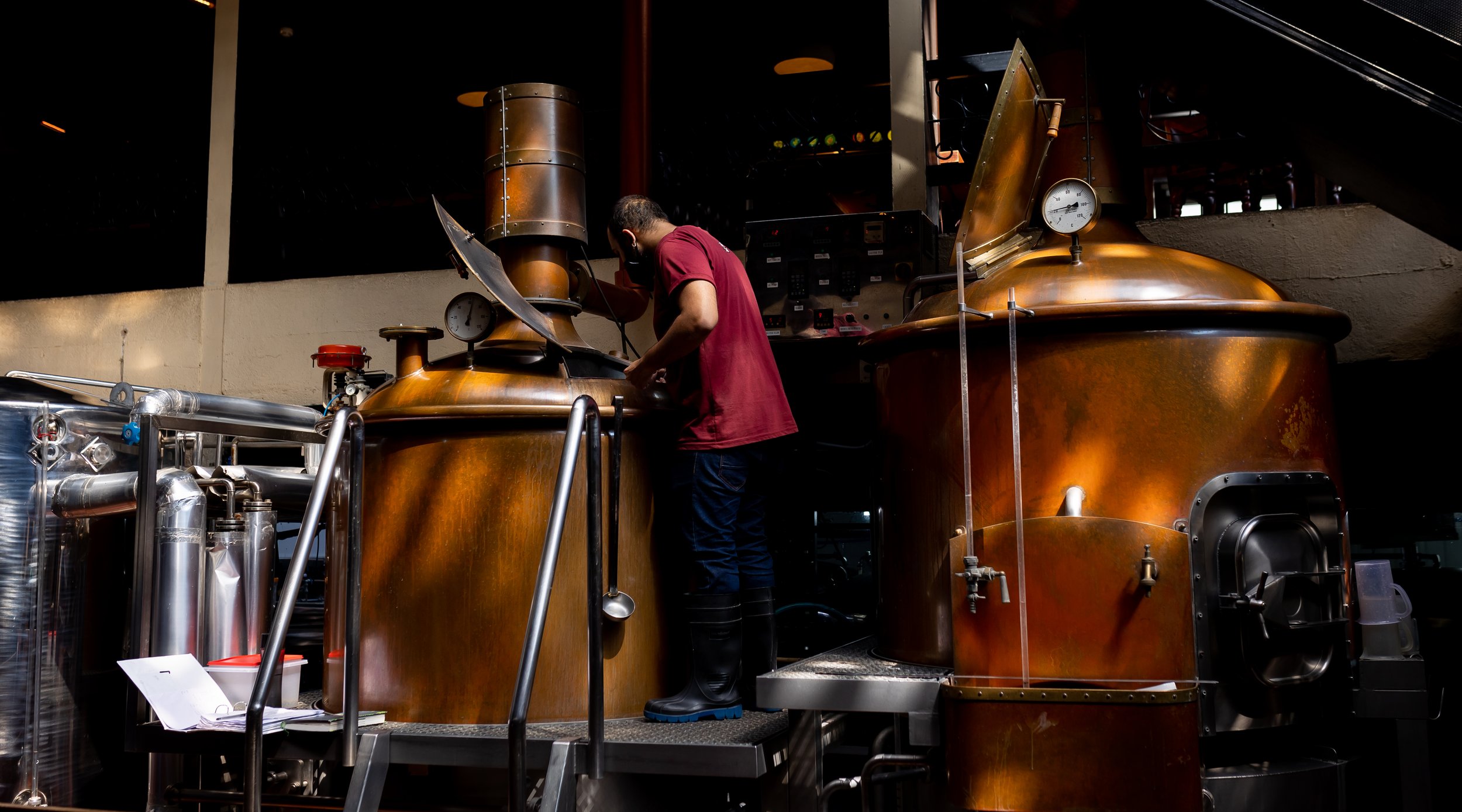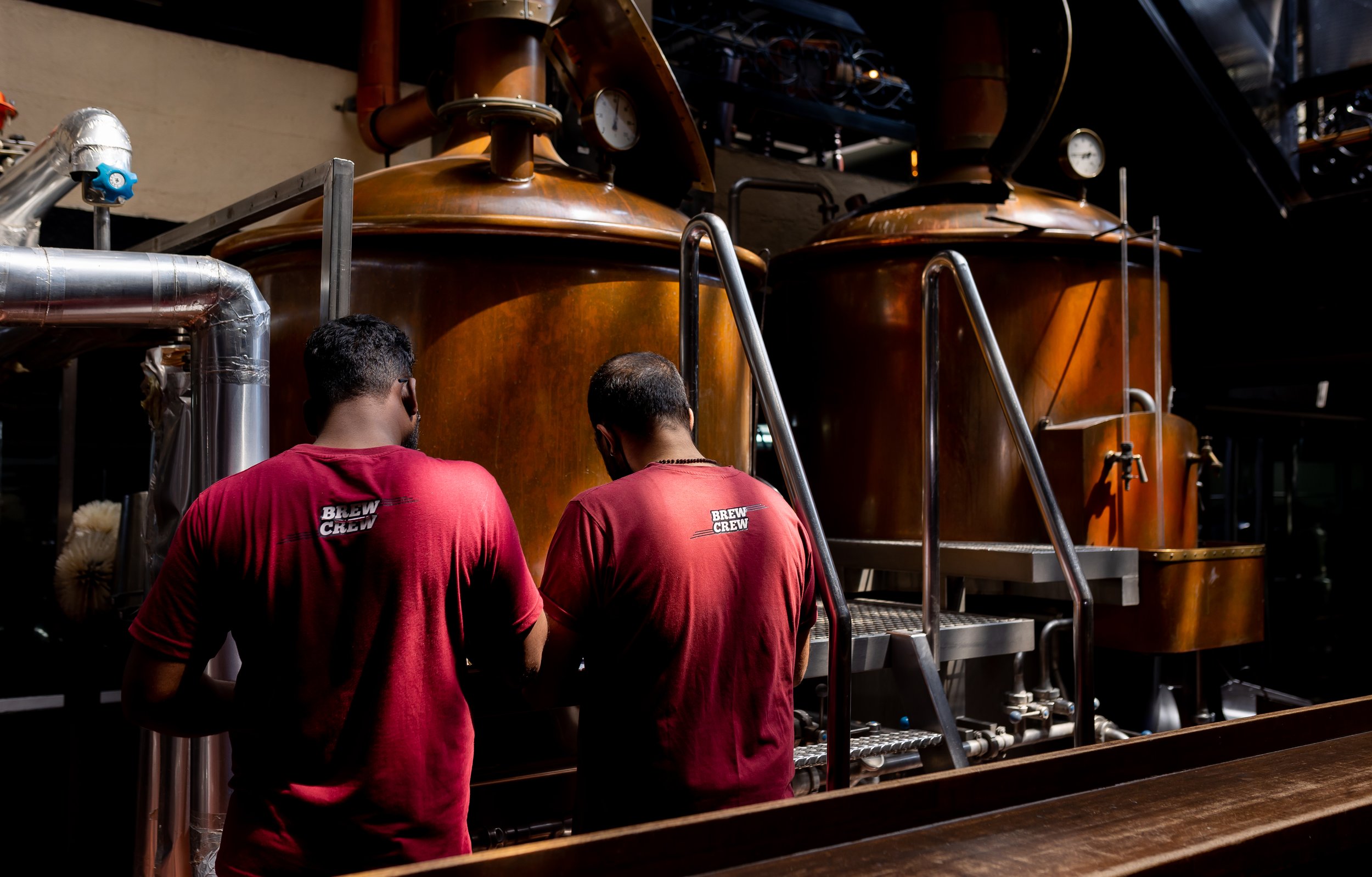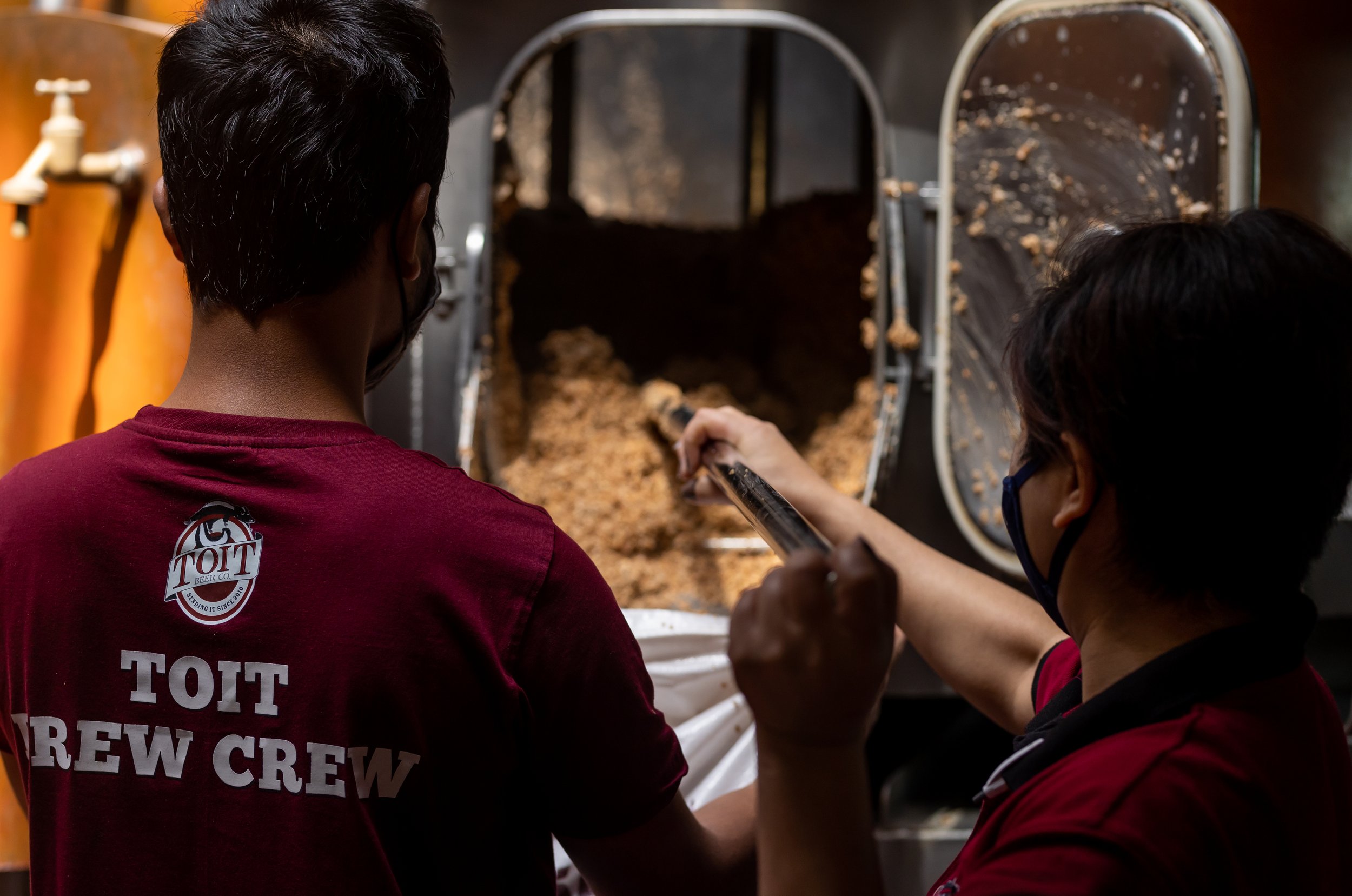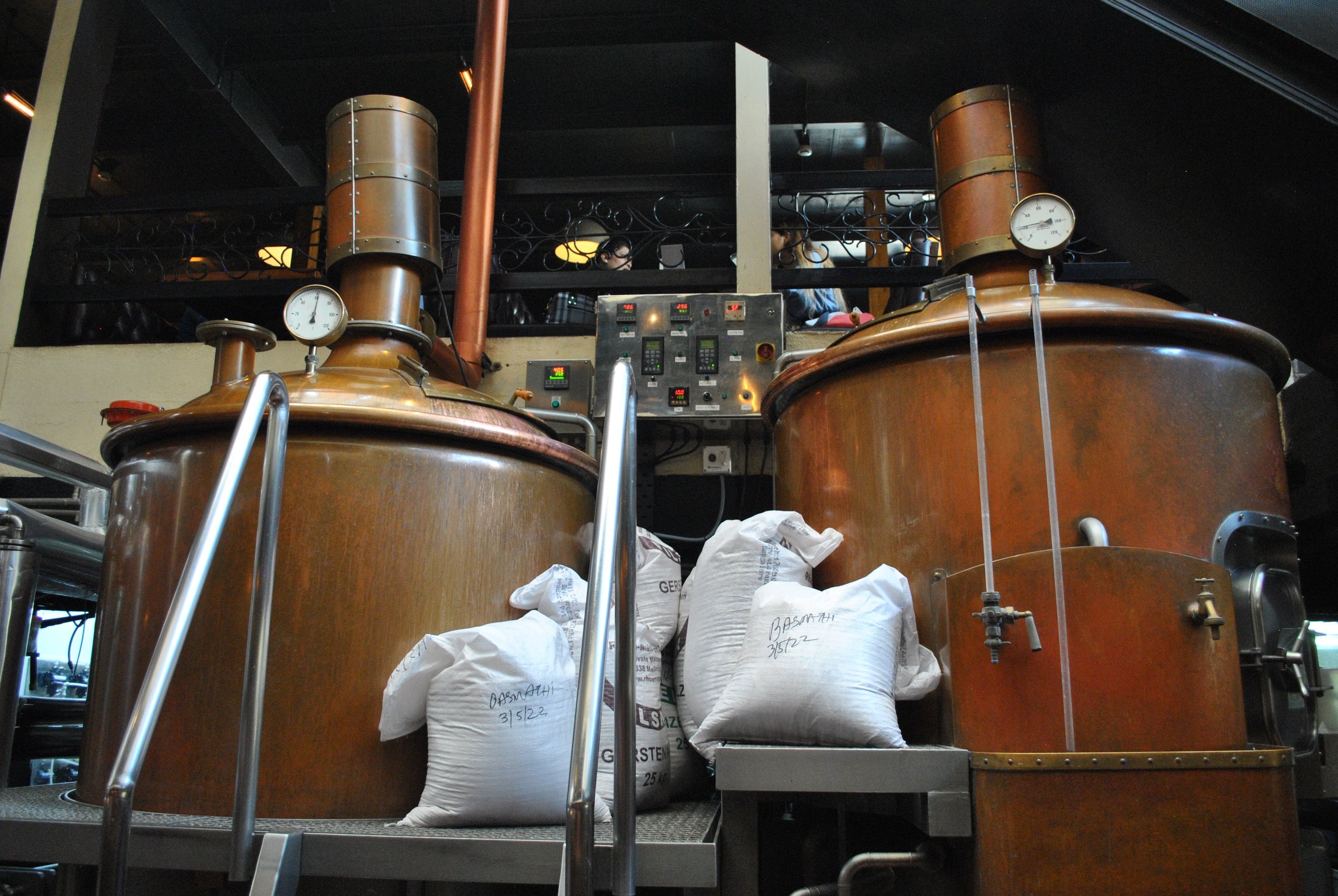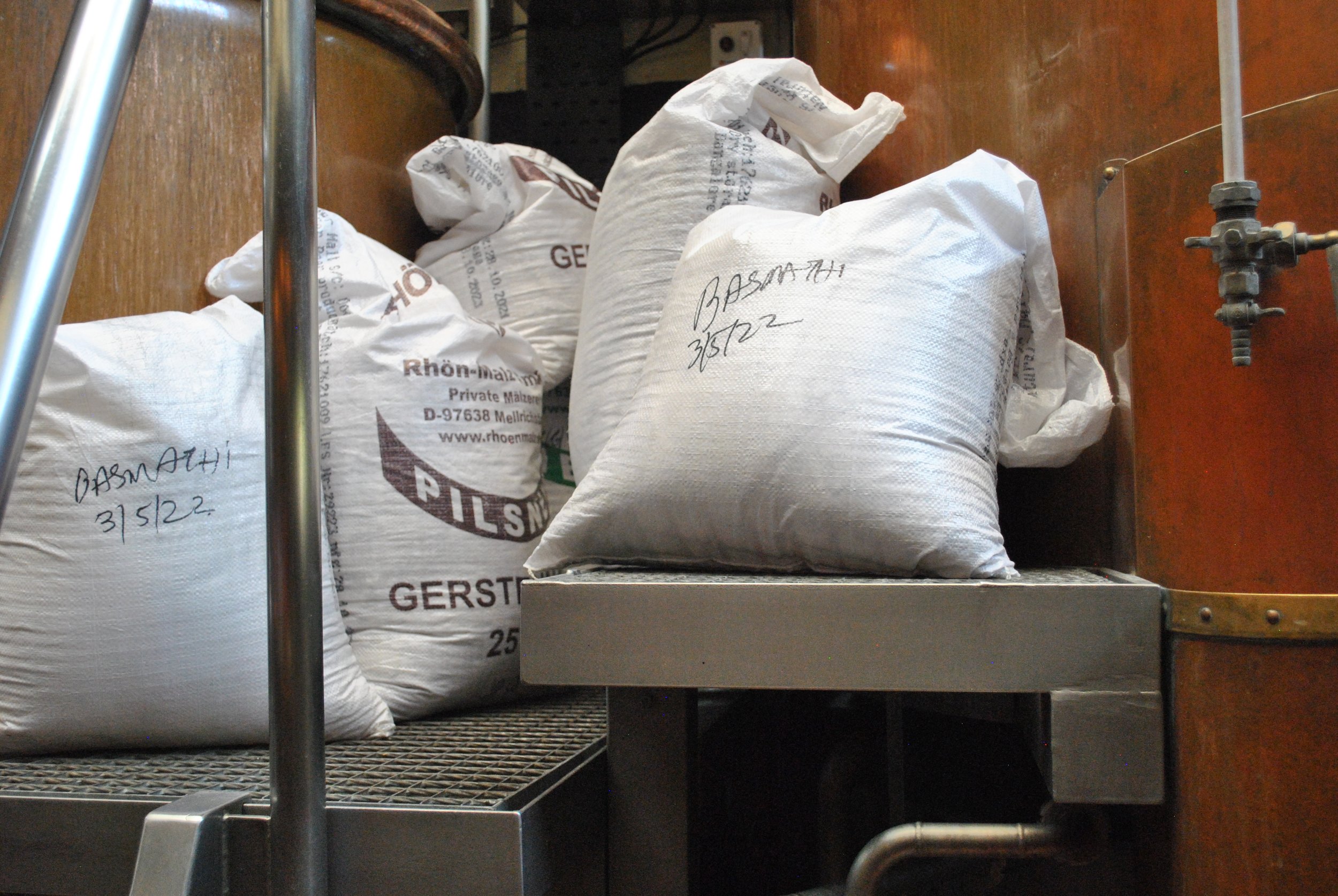Bangalore’s Rendezvous with Beer
India’s southern city Bangalore (also known as Bengaluru) is often referred to as the country’s beer capital; with what started out as dark hole-in-the-wall pubs to over 80 craft beer microbreweries, that have taken the city’s beer culture to new heights.
Pubs in India became popular in the mid-1980s, when draught was first served in the Cantonment (a military cantonment of the British Crown that was based in Bangalore and is now a landmark railway station in the city), but Bangalore's association with pubs and beer drinking dates back to the late 1850's when Thomas Leishman from Scotland, founded Castle Brewery. This along with four other breweries merged to form United Breweries in 1915 and they have survived into the 21st century, thanks to their famous Kingfisher beer that can be found in many Indian restaurants across the globe.
Though bottled beers are common and favoured by many in India, they now face tough competition with the surge in microbreweries not only in Bangalore, but other cities that are catching up like Hyderabad, Pune and Mumbai.
Back in the 1980’s Bangalore’s eminent pubs such as Guzzlers and Pecos were like trendy tourist attractions, where on weekends many would drive from neighbouring cities such as Mysore, Mangalore and Chennai merely to go pub-hopping. The most characteristic of them all was Dewar’s, which was a regular haunt for British soldiers in the 1940’s and survived decades in its dilapidated condition before closing its doors in 2013. There was no music played, frail wicker chairs were scattered about on its red oxide floors and photos of gods and goddesses adorned its walls.
The pub culture raised eyebrows amidst conservative families back in the day, but the microbreweries, found in the heart of the city and dotted along the highways, have paved the way for something bigger and more wholesome for the Indian family life. Having a pint is optional, but the atmosphere has made the breweries largely popular. They have also led the way in considering brewing as a promising career path amongst Indians, including a rise in women brewers.
Photo Credit: Rashmi Narayan
Today, craft breweries in Bangalore are large green spaces, spread over several acres, serving an array of cuisines. Some are pet friendly, have activities for children on Sundays, and are even open for breakfast. Byg Brewski, a microbrewery that is one of Asia’s largest (65,000 sq.ft) would leave even the seasoned pub-goer astonished. A colossal space with a live music venue, burning torches and a large pond in the courtyard with geese flocking about. In terms of scalability, they serve up to 2000 people every weekend.
Further east in Bangalore, Toit is one of the early establishments that redefined the idea of the pub in Bangalore, making it more of an experience to dine and drink good beer, rather than merely having a pint and a few snacks after a long day’s work. Spanning over three floors,, the tanks are the centrepiece of the brewery, standing proudly with brewers busy at work.
Photo credit: Toit Brewing
Most of the microbreweries import their malts from Germany and the United Kingdom, and acquire their hops from the United States of America and the Czech Republic. However, the brewers get creative as they add a local twist to their beers, by using tropical fruit, basmati rice, spices and Indian wheat. Toit brews between 25,000 to 30,000 litres of beer per month.
The advantage of brewing beer in a tropical country is the opportunity to work with seasonal ingredients. Jeffin John, the lead brewer who has worked at Toit for ten years says,“It is a win-win for us to work with local fruit that is easy to source as this supports our farmers in the state too. We serve about seven regular beers and about three seasonal ones all on tap. As we have flights of beer with food pairings, there is a beer to suit every palate.”
Photo Credit: Toit Brewing
Photo Credit: Rashmi Narayan
So, what makes Indian beer unique? The innovations with tropical beers include having the likes of jackfruit ales, green mango chilli ales – catering strongly to those that tend to lean towards sweet, punchy and spicy flavours. An experiment that became a quick favourite at Toit was the Indian blackberry, ordinarily called jamun which leaves a distinctively dry, tart taste and a purple hue when they serve the jamun sour gose. There has also been a passionfruit lager that sold out within a week one summer, as well as pumpkin ales served during Halloween. Christmas ales are brewed with tiny amounts of spices such as cinnamon, star anise and nutmeg. Once the beer is fermented to about 80%, the fruit is juiced and introduced to the beer. The basmati blonde here deserves a mention as it is a rich beer with floral notes along with the delightful aromas of basmati rice on the nose.
“We also produce barrel aged beer where we obtain barrels from a reputed Indian whisky provider and age our beer for about three to five months. Ragi is a finger millet that is quintessentially the pride of Karnataka state (with Bangalore being its capital city). The ragi beer which is called ‘namma beeru’ (translating to our beer in Kannada) made from ragi sourced locally is served during our harvest season between January to February,” adds Jeffin.
Similarly, other breweries such as Byg Brewski get even more crafty with their kokum and salt cider that proved to be extremely popular. Big B is another well-liked cider made with local apples from north India and honey from the neighbouring area of Coorg.
“Full bodied beers, sour beers, ales and stout, though produced in India, are yet to be favoured by the local drinkers as wheat beers, hefeweizens and lagers are still largely in demand. This is slowly changing as a new demographic of younger beer enthusiasts are open to trying stronger beers,” says Arun Prasanna, the head of operations at Byg Brewski.
As Karnataka is a coffee growing state, the team at Byg Brewski introduced a coffee and chocolate stout, making use of these ingredients available at their doorstep to encourage more beer novices to try dark beers.
Not all beers have a tropical element and some stay true to what is viewed by many as a traditional beer style.
“As many people have explored the world, and were then confined to staying at home during the pandemic, we wanted to bring some of the authentic beers that many would have relished internationally, back home. This lets Bangalore shine further with its reputation as the beer capital,” he adds.
The beer is also used in batter to fry onion rings and chicken wings and is infused in the brewery’s sourdough pizza.
“At present, all we want to do is give back to the community and be a nation that produces great beer, keeping sustainability as our main focus. The malt leftovers are sent to a local charity where they turn it into flour, bake bread with it or even make brownies. For ardent beer lovers, we give them malt cookies as a souvenir,” Arun adds.
Soaring temperatures in India tend to warm a pint a lot faster, affecting its taste. Bangalore has always experienced cooler temperatures in comparison to other major Indian cities as it stands at 3000ft above sea level, so climate change has played a significant role here. The other key challenges faced by craft breweries are the prices of hops imported, transportation and licence laws between states in the country.
The bottling of craft beer, nitro stouts, and more brewery tours for the public are what the future holds for the pool of microbreweries in Bangalore, along with an increasing number of spacious beer gardens.
I’m a proud Bangalorean and beer has been an integral part of my life. It is a city that normalised consuming beer without it being a taboo as it ordinarily was in the other major cities in India. As I had only Kingfisher beer when I lived in Bangalore, I'm truly excited with the rise in microbreweries that are proud to serve their craft beers and have resulted in new exciting career opportunities for aspiring brewers. They are passionate and innovative with their beers and I can't wait to see what's next in store for the industry.
Contributions from Toit and Byg Brewski
Illustration by Elliot-James Comanescu
Edited by Helen Anne Smith
